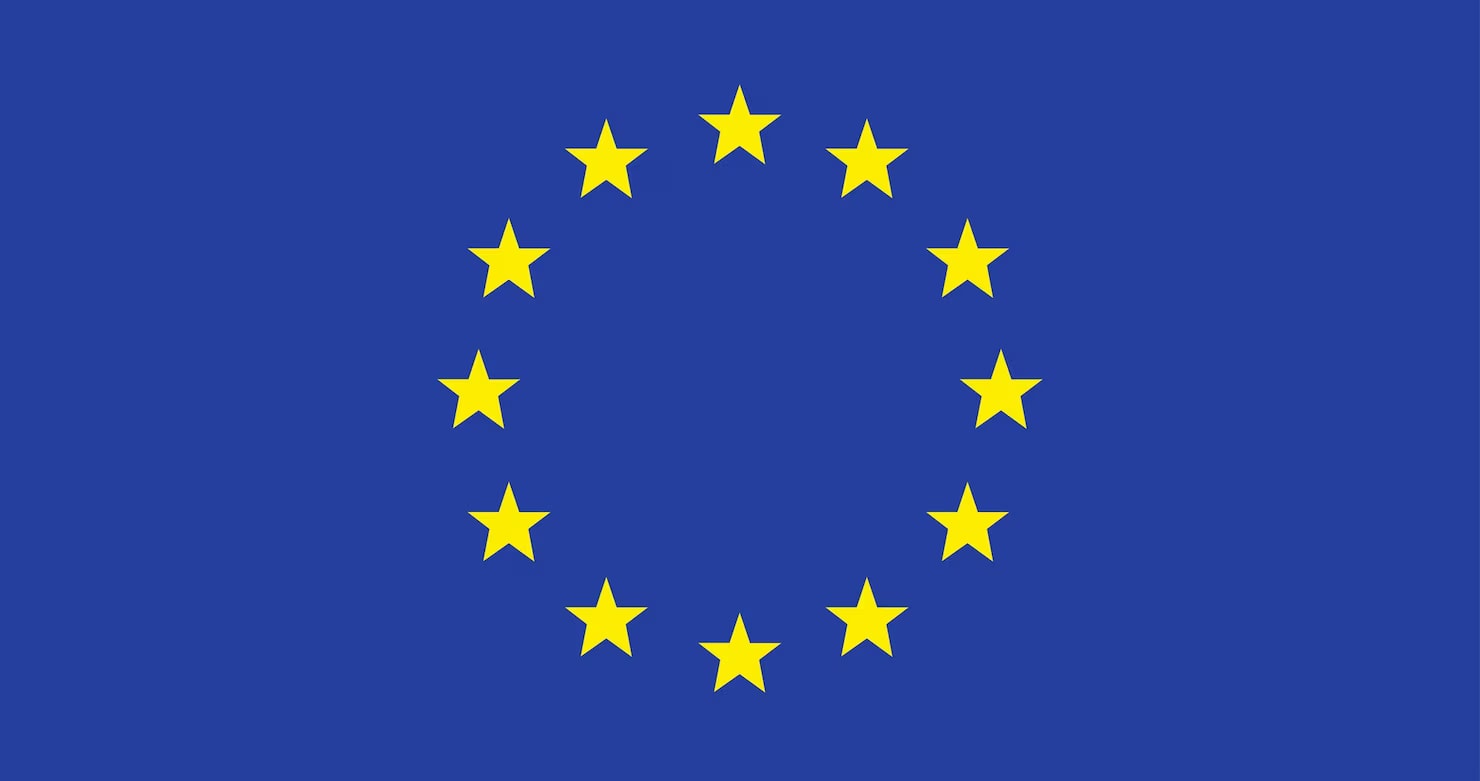AI News Bureau
EU AI Office Paves Way for Unified European AI Governance
The new office, housed within DG Connect and staffed with approximately 100 people, will oversee compliance with the AI Act and collaborate with other regulatory bodies dealing with digital technologies.
Written by: CDO Magazine Bureau
Updated 8:07 AM UTC, Mon March 4, 2024

Representative image by rawpixel
The European Commission has set up a new AI office to enforce regulations on AI systems and promote innovation. The office was established within the European Commission as the center of AI expertise and forms the foundation for a single European AI governance system. This move is also part of a broader initiative to support European startups and small and medium-sized enterprises in developing AI models.
The AI Act was agreed upon by the Parliament and Council in December, and member states have approved the text. The new office, housed within the Directorate-General for Communications Networks, Content, and Technology (DG Connect) and staffed with approximately 100 people, will oversee compliance with the AI Act and collaborate with other regulatory bodies dealing with digital technologies.
The dual mandate of the office involves both oversight and support for innovation, aiming to strike a balance between the two.
Key Responsibilities
The primary responsibilities will include establishing advisory bodies for the consistent application of the legislation across member states, investigating infringements, and preparing guidelines to facilitate implementation. The office will also encourage the growth of domestic AI capabilities, establishing ‘AI Factories’ to provide access to EU supercomputers for training large AI models.
Additionally, it will monitor the GenAI4EU initiative, which focuses on applications of generative AI in various sectors such as genomics, personalized medicine, climate modeling, and pharmaceuticals.
The AI Act will become applicable two years after it enters into force, with some specific provisions applying earlier. The Commission plans to launch an AI pact, urging developers to voluntarily commit to key obligations of the AI Act before legal deadlines.
The EU is among the first global blocs to establish comprehensive AI regulations, in contrast to the G7 and OECD, which have struggled to reach a consensus.
This legislative initiative is considered a global benchmark for governments seeking to harness the benefits of AI while mitigating potential risks, such as disinformation, job displacement, and copyright infringement.


